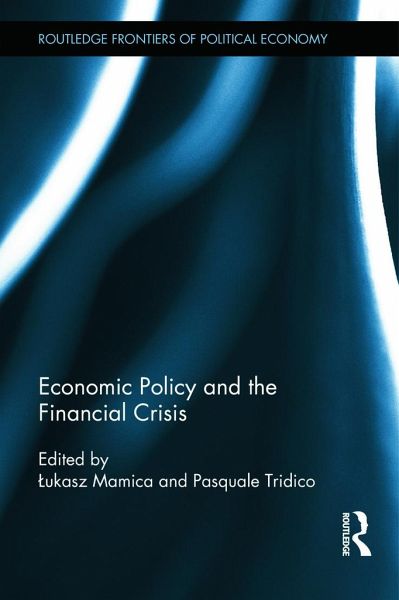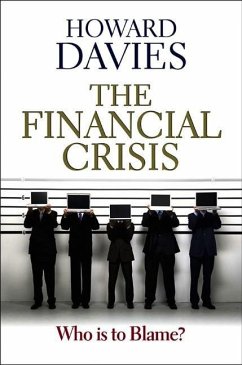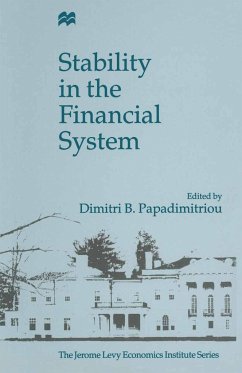
Economic Policy and the Financial Crisis
Versandkostenfrei!
Versandfertig in über 4 Wochen
116,99 €
inkl. MwSt.

PAYBACK Punkte
58 °P sammeln!
The key issue for current economic policy is to find a balance between the stabilisation of public finance and maintaining the momentum of long-term growth. This book argues that the reasons for the varied performances of the advanced economies lie in the economic policies which were introduced in the aftermath of the crisis and the differences in the regulation of their labour markets.












